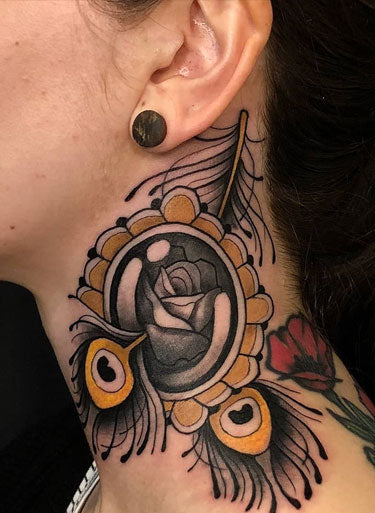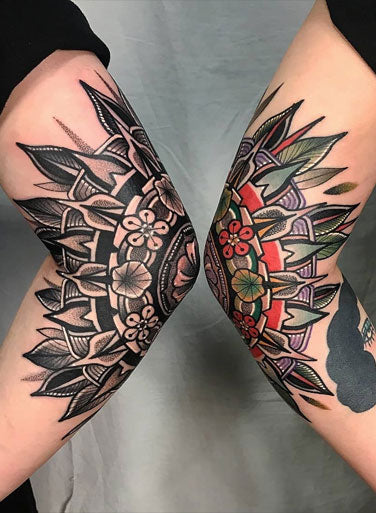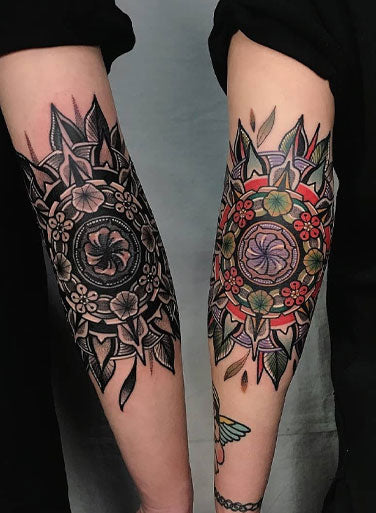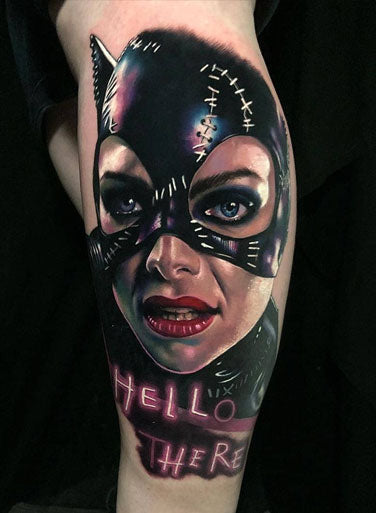In the past, getting tattoos was a research-intensive procedure for practising vegans. Imagine the various aspects they have to contemplate– ink, razor, transfer paper, and aftercare – many of which may include animal remains. We hardly pay attention that the design on our arm or hip contains gelatine and bone char, so it may shock us that most tattoo inks are not vegan.
Many organisations keep the ingredients they use a secret, and the regulatory bodies carry out an investigation only when a safety concern is reported. But, over the past few decades, with a major segment of the population calling out tattoo artists for using animal-based products, they have finally decided to invest in vegan-friendly inks. For details, please check out the rest of the discussion.

The Main Difference between Vegan and Regular Tattoo Ink
The experts from a tattoo shop in Australia said the black colour is usually boosted by adding bone char, which is responsible for making it non-vegan.
Other ingredients include gelatine, produced from the connective tissues of cows and pigs; animal-derived glycerine, which serves as the stabiliser; and shellac or crushed shells of beetles, which binds the pigments together.
On the other hand, vegan tattoo ink uses logwood or carbon for the bold black shade and vegetable-based glycerine or a combination of witch hazel and ethanol.
For inks except black, the factor that makes all the difference is the liquid or carrier organisations use to stick the powder pigments together. While earlier bone char was what everyone invested in, in recent times, its usage has alleviated to a great extent.
Vegan Tattoo Ink: Safer and Healthier?
People argue that vegan inks are healthier and safer since they contain only natural ingredients. A few top-notch brands claim that their products are better for the immune system; hence, they can be relied upon without hesitation. There is no evidence by the way that the claim is true. However, since you will most probably be using vegan ink for your next tattoo, it is better to know what sets it apart.
According to the professionals, besides shellac causing contact dermatitis, the health risks related to tattoo ink can originate from vegan and non-vegan elements. That being said, carcinogenic chemicals or particles that can lead to allergies, infections, and autoimmune disorders may be associated more with animal products. So, before you buy tattoo cartridges or inks or any other supplies, ensure you always get inked using vegan inks.
Bottom Line
To ensure every facet of a tattoo is vegan, one must ask questions before scheduling an appointment. A studio can likely meet your requirements even if they promote themselves as vegan only. The conversation around vegan tattoo inks piques the interest of almost all body art enthusiasts. We must know each ingredient that we are inserting into our skin.







 CustomIronsTattooSupplies
CustomIronsTattooSupplies



